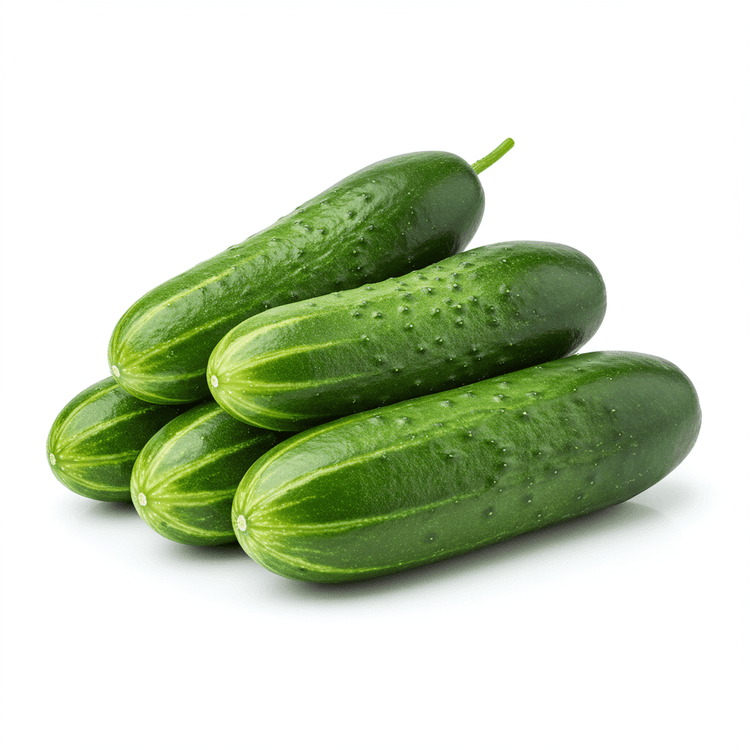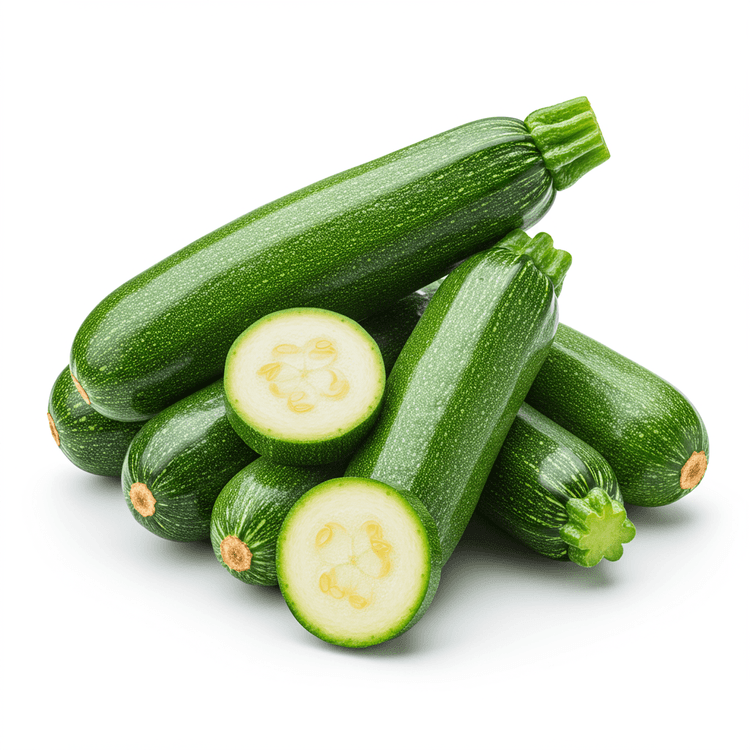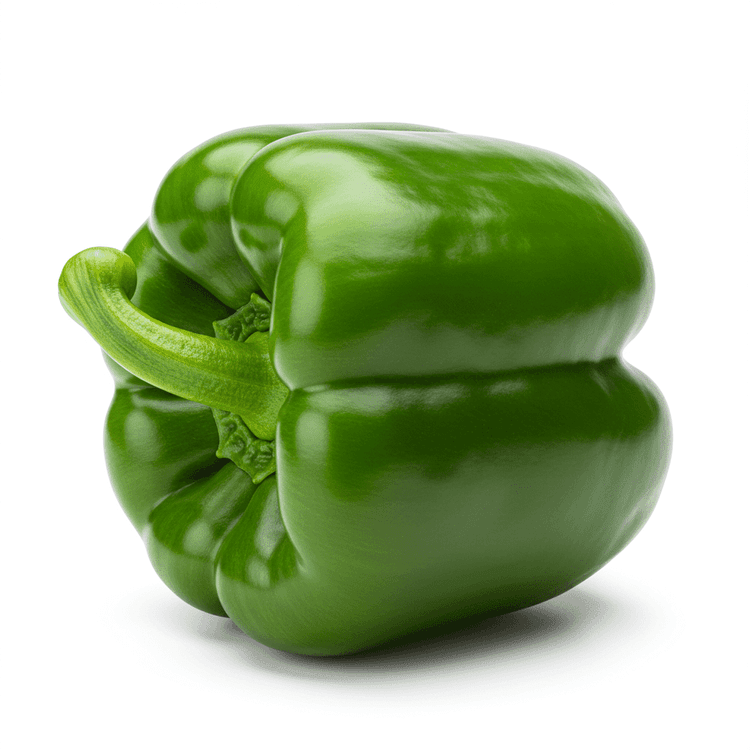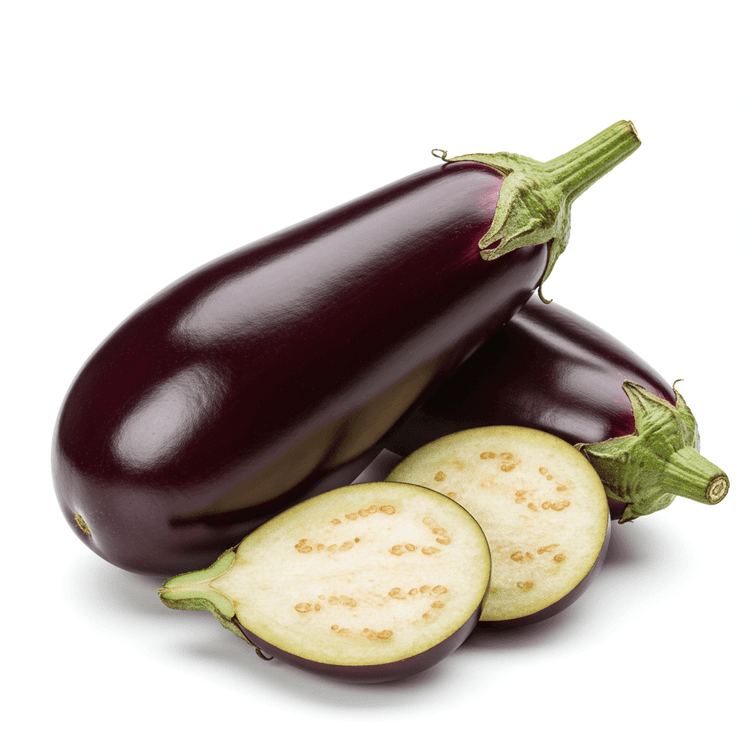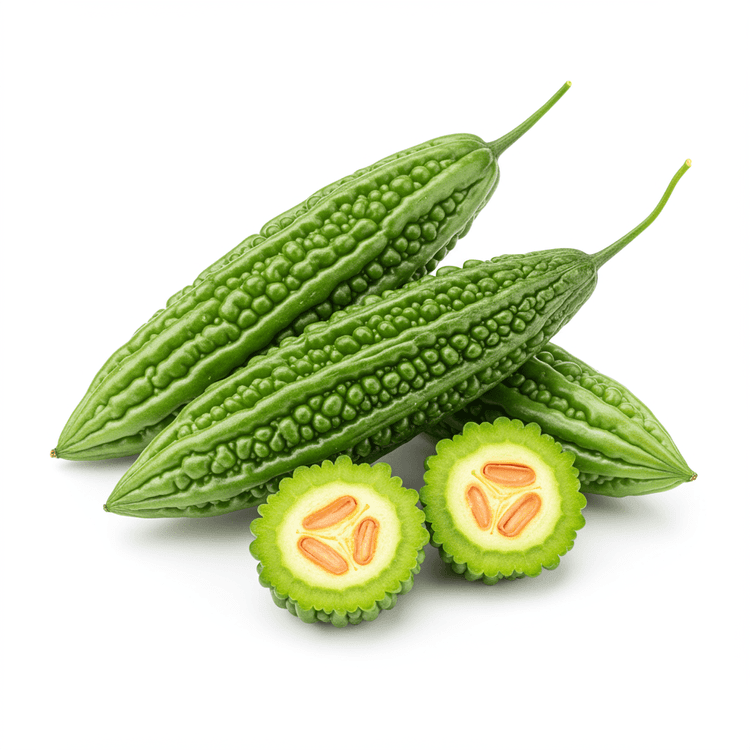
Bitter Melon
Bitter melon, also known as bitter gourd or karela, is a unique vegetable prized for its distinctly bitter flavor and knobbly, oblong appearance. This tropical vine fruit, though technically a fruit, is treated as a vegetable in culinary applications. Its skin ranges from pale green to dark green, often featuring a warty texture. The flesh is crisp and watery, surrounding a core of seeds that become red when ripe. The intense bitterness of bitter melon can be reduced through various cooking methods, making it a versatile ingredient despite its assertive taste. Discover the health benefits and culinary versatility of bitter melon today!
Common Uses
- Bitter melon is often stir-fried with other vegetables and protein sources like beef, pork, or tofu to create balanced and flavorful dishes. The bitterness complements savory flavors well.- It is frequently used in soups and stews, where its unique taste adds depth and complexity to the broth. Prolonged cooking can help mellow the bitterness.- Bitter melon can be stuffed with a mixture of ground meat, rice, and spices, then steamed or baked for a hearty and nutritious meal.- The bitterness makes it suitable for pickles and relishes, providing a contrasting element of flavor in preserved preparations.- It is also juiced for its purported health benefits. Juicing bitter melon can be made more palatable by combining it with other fruits and vegetables like apple or cucumber.- Bitter melon is sometimes incorporated into curries and braised dishes in Asian cuisine, its bitterness adding a distinctive characteristic to the overall flavor profile.
Nutrition (per serving)
Nutrition (per serving)
Calories
17.0kcal (0.85%)
Protein
0.9g (1.8%)
Carbs
3.7g (1.35%)
Sugars
1.7g (3.4%)
Healthy Fat
0.1g
Unhealthy Fat
0.0g
% Daily Value based on a 2000 calorie diet
Nutrition (per serving)
Calories
17.0kcal (0.85%)
Protein
0.9g (1.8%)
Carbs
3.7g (1.35%)
Sugars
1.7g (3.4%)
Healthy Fat
0.1g
Unhealthy Fat
0.0g
% Daily Value based on a 2000 calorie diet
Health Benefits
- Rich in vitamins and minerals, especially vitamin C, vitamin A, and potassium.
- May help regulate blood sugar levels due to its insulin-like properties, beneficial for those managing diabetes.
- Supports healthy digestion with its high fiber content, promoting gut health and regularity.
- Boosts immune system function thanks to its antioxidant compounds that fight free radicals.
- Can contribute to weight management due to its low calorie and high fiber content, promoting satiety.
- May possess anti-inflammatory properties, potentially reducing the risk of chronic diseases.
Chefadora AI is here.
Experience smarter, stress-free cooking.
Storage Tips
Bitter melon is best stored in the refrigerator to maintain its freshness. Place it in a perforated plastic bag or wrap it loosely in paper towels to absorb excess moisture. Stored properly, it can last for up to a week. Avoid storing it near ethylene-producing fruits like bananas or apples, as this can accelerate ripening and spoilage. If you want to store it for longer, you can blanch and freeze bitter melon slices or cubes.
Marnirni-apinthi Building, Lot Fourteen,
North Terrace, Adelaide, South Australia, 5000
Australia
